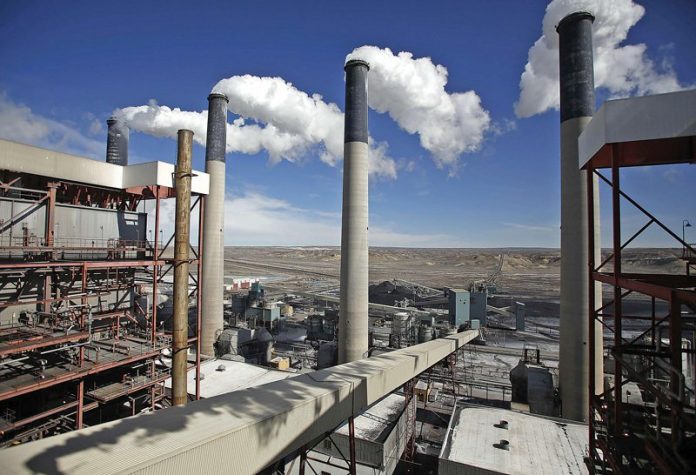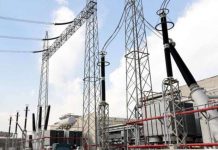
ISLAMABAD: The first unit of Thar coal power plant is likely to contribute 330MW of electricity to the national grid by December 2018, six-month ahead of the given schedule.
According to details, so far 92 per cent of work on coal mining and 93 per cent work of power plant has been completed.
Work on coal mining in Thar block II, and power plant near the site of coal mining started in 2016 and was earlier scheduled to be completed by June 2019, but due to the fast pace of the work, the project is being completed well ahead of the allotted time.
“The 270-kilometre-long transmission line from Thar block II to Matiari has already been completed at a cost of $270 million, while work on both coal mining as well as power plant is in progress simultaneously and is in the final stage,” Chief Operating Officer of Sindh Engro Coal Mining Company (SECMC) Abul Fazl Rizvi told APP.
Rizvi said the mining work had achieved a depth of 154 meters at Thar block II where coal had emerged on the surface.
On the quality of the coal, he said it was of very good quality as it was expected and when the mining company would mine deeper the quality would get better.
According to the CEO, in the first phase of Thar Coal project, 3.8 million ton of coal would be extracted from which two power plants of 330MW each would be operated while the power capacity from Thar block II would be gradually increased and by 2024, Thar coal block II would be producing around 5200MW electricity.
Rizvi said the second unit of the Thar coal-fired power plant would also start functioning by March 2019. He said that in January 2019, work on two more power plants would be started in Thar block II with a total installed capacity of 660MW.
He said initially the cost per unit of electricity produced from these power plants would be Rs10.8 cents while its cost would be reduced gradually and by 2030, the per unit cost would be around Rs4.6 cents.
Tharparkar is spread over an area of 19,000 square kilometres where around 9,000 square kilometres coal was present whereas the area on which government had allowed extraction is an area of 1,300 square kilometres and this area has been divided into 13 blocks with 100 square kilometre area of each block.






